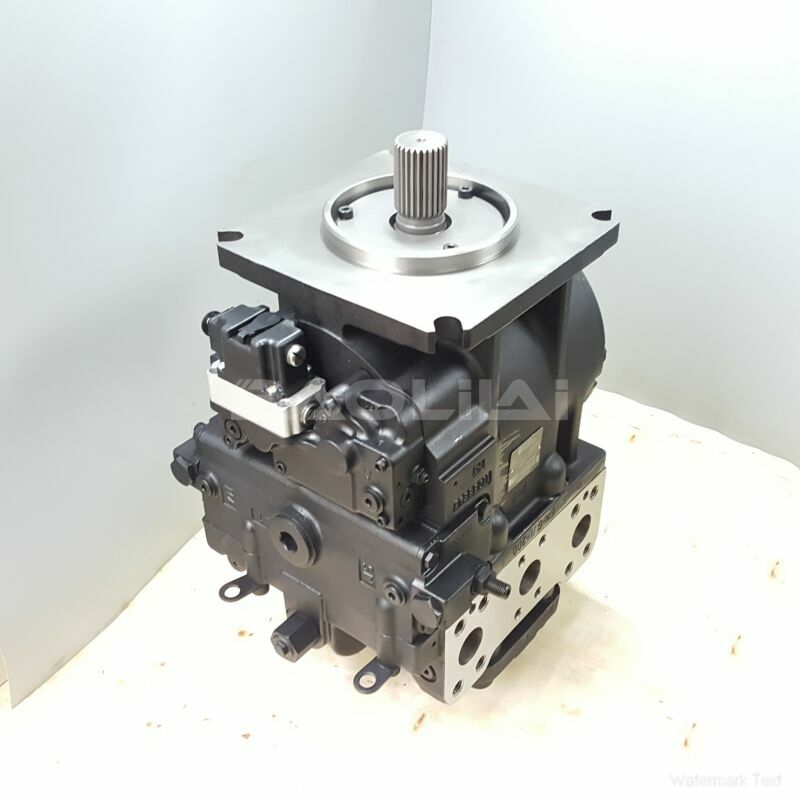90R100MA5NN60R3S1EC5GBA424224 hydraulic pump
90R100MA5NN60R3S1EC5GBA424224 hydraulic pump

- Product Details
- Applicable Scene
Piston pumps are widely used in various industries for their ability to handle high pressure and deliver precise fluid flow. The performance of these pumps is significantly influenced by the materials used in their construction. This article explores the different types of materials used in piston pumps and how they impact performance, durability, and efficiency.
90R100-MA-5-NN-60-R-3-S1-E-C5-GBA-42-42-24
90R100MA5NN60R3S1EC5GBA424224
One of the most critical components of a piston pump is the cylinder and piston assembly. The materials used here must withstand high pressures and abrasive conditions. Common materials include stainless steel, aluminum alloys, and cast iron. Stainless steel is favored for its excellent corrosion resistance and strength, making it ideal for pumps used in harsh environments or for transferring corrosive fluids. Aluminum alloys, being lighter, offer advantages in terms of weight and ease of handling, but they may not perform as well under high pressure compared to stainless steel. Cast iron, while heavier and more susceptible to corrosion, provides excellent wear resistance and durability, making it a popular choice for heavy-duty applications.

701495
The seals and gaskets in piston pumps are crucial for maintaining pressure and preventing leakage. These components are typically made from elastomers such as nitrile rubber, fluorocarbon, or polyurethane. The choice of material directly impacts the pump’s ability to handle temperature extremes, chemical exposure, and wear. For instance, fluorocarbon seals are ideal for high-temperature applications and provide superior chemical resistance, while nitrile rubber is more suitable for general-purpose applications where moderate chemical exposure and temperature fluctuations are expected.





